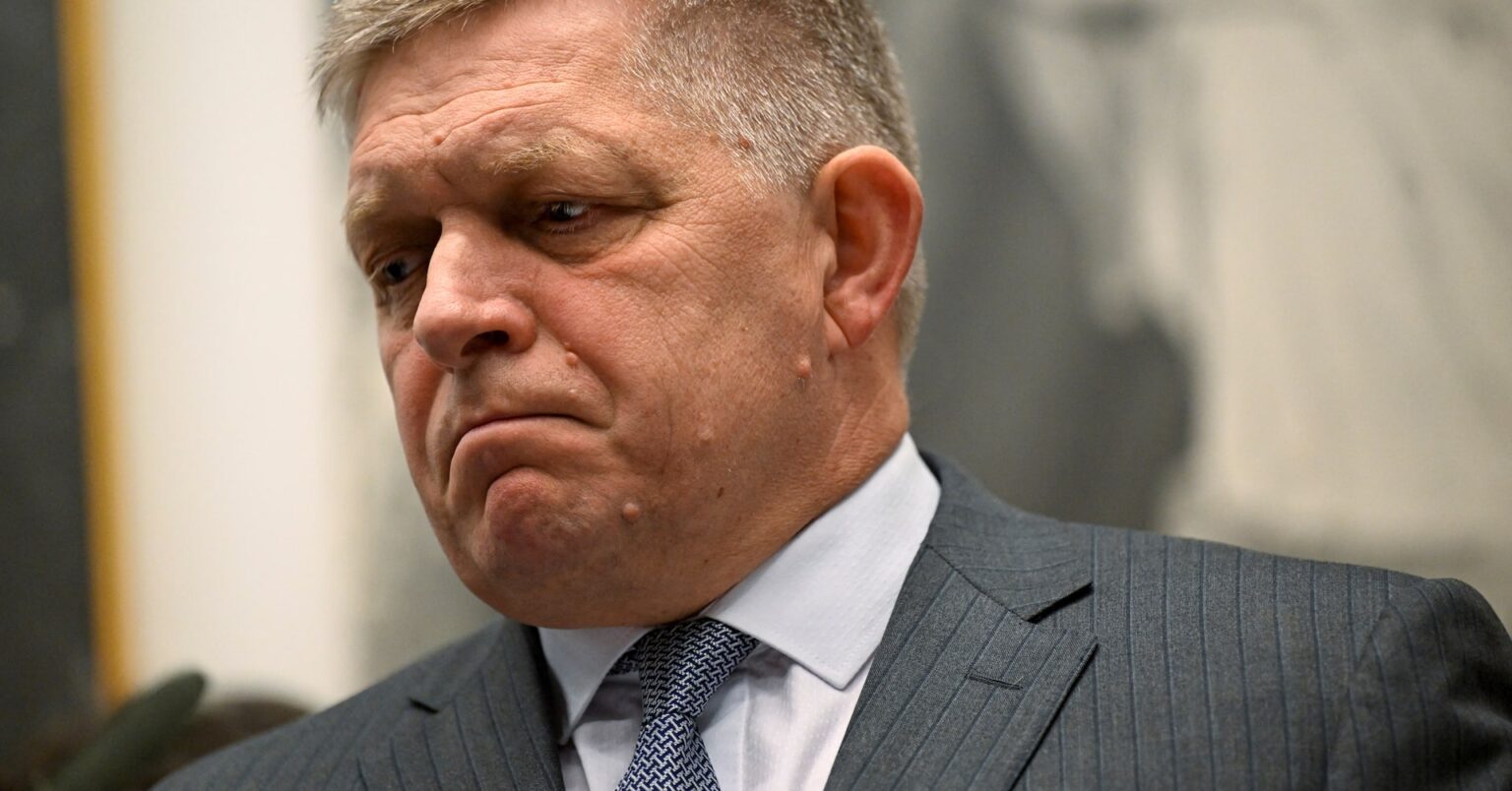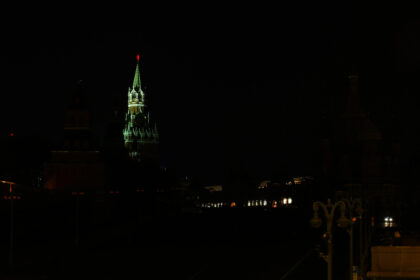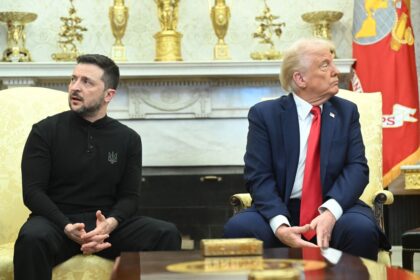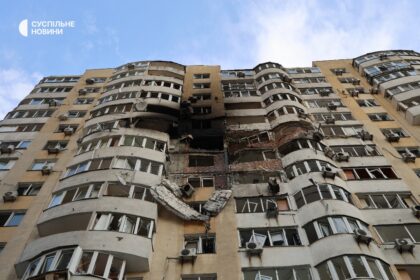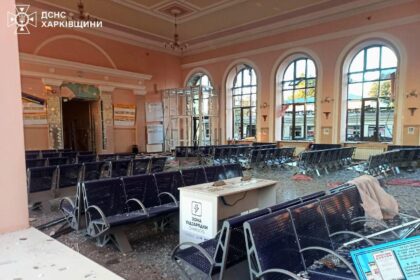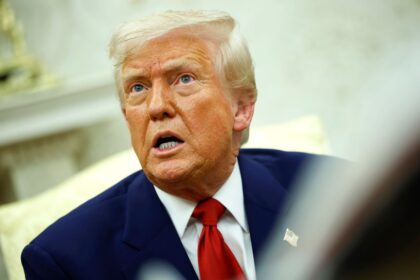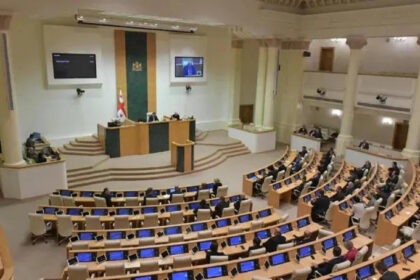**Slovakia Refuses to Back EU Sanctions on Russia, Citing Energy Concerns**
In a move that could have significant implications for the European Union’s efforts to pressure Russia over its invasion of Ukraine, Slovakia has announced that it will not support a new round of sanctions against Moscow. The decision was made by Prime Minister Robert Fico, who stated that his country would demand a delay in the vote until its concerns over gas supplies after 2027 are resolved.
The European Commission had proposed a new package of sanctions against Russia on June 10, targeting Moscow’s energy revenues, banks, and military industry. However, Slovakia and Hungary have long been opposed to these measures due to their disagreement with the Commission’s proposals to end Russian energy imports by the end of 2027. This would force both countries to find alternative suppliers, which could be costly and logistically challenging.
Fico’s statement that Slovakia will not vote on the 18th sanctions package is a significant blow to the EU’s efforts to isolate Russia over its actions in Ukraine. The European Commission has proposed a new round of sanctions every six months since 2014, when Russia annexed Crimea. However, this latest proposal has been met with resistance from several member states, including Slovakia and Hungary.
**A Complex Issue**
The issue is complex, with multiple factors at play. Slovakia and Hungary are heavily reliant on Russian gas supplies, which makes it difficult for them to support measures that would force them to find alternative suppliers. This could lead to significant costs, including up to 20 billion euros in losses from arbitration for breaching a long-term contract with Russian supplier Gazprom.
Fico’s position is also influenced by the fact that his country has a significant gas storage facility at Handlova, which can hold enough gas for several months of consumption. He has argued that this facility would be vulnerable to sanctions, which could lead to supply shortages and price increases.
**A Glimmer of Hope**
Despite Slovakia’s refusal to back the new sanctions package, there is still a glimmer of hope that the issue will be resolved at the upcoming EU summit. European diplomats have expressed optimism that the problem can be solved through compromise and negotiations.
Polish European Affairs Minister Adam Szlapka said that he hoped Slovakia and Hungary could be brought on board as they had been in the past. “As in the previous sanction packages, I am optimistic here, we are working on it,” he said. “I hope that it will be possible to close it by the end of the (EU) Polish presidency, and as we know, there are four days left.”
**A Delicate Balance**
The EU’s efforts to impose sanctions on Russia are a delicate balancing act. On one hand, the bloc needs to demonstrate its support for Ukraine and pressure Moscow to change its behavior. On the other hand, it must also take into account the concerns of its member states, particularly those that are heavily reliant on Russian energy supplies.
The outcome of this process is uncertain, but one thing is clear: Slovakia’s refusal to back the new sanctions package has introduced a significant degree of uncertainty into the EU’s efforts to isolate Russia over its actions in Ukraine.




